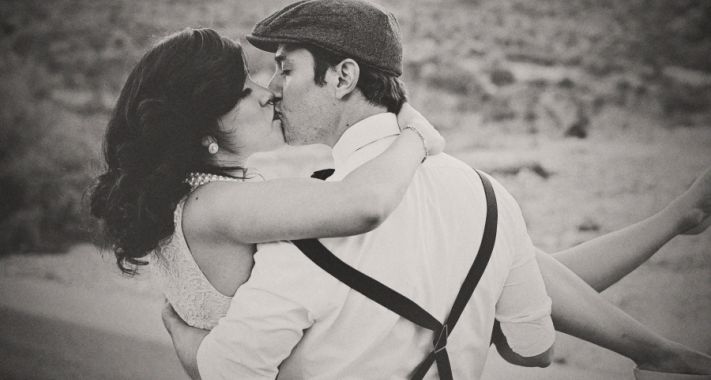Having good morals: a blessing or a curse?
I used to think that having good morals and living by those morals is what people are supposed to do. But the truth is, though my morals have saved me a lot of headache, they kept me from experiencing a number of new things.
There came a point in my life when I felt empty, burnt out and, quite frankly, rigid. I wasn’t trying hard at all - I found sticking to the life values my parents had taught me quite easy. But once I went a little further I was supposed to go, I realized that there’s life outside the wire.
Nothing in life is black and white. Nothing is simply good or bad. Sticking to the values you’ve always known might just make you a bitter, judgemental person held captive by their own so-called morals. You’ll never feel truly free to run wild or to broaden your horizons. You must see that there are two sides to every story and both might be right. Life’s just not that simple. Your morals are meant to be guidelines, not laws. Morals are like an inner compass helping you navigate life. And the fact that different people have different compasses doesn’t mean that one of them must be wrong. They’re not wrong, they’re just different. Life is complicated like that.
“A rule is of no value if you have to stick to it with determination, or if you stumble upon it; a rule is good if it becomes a part of you and provides you with gentle, flexible support.”
I knew the things I was supposed to do and the things I was not - and I was not judging others that much but I was judging myself a lot. I had a hard time falling asleep knowing that I had done something wrong that day. Being judged by someone else is no fun but constantly judging yourself is cruel. The best thing you can do for yourself is to understand that being that hard on yourself does not benefit you, and you must simply move on with your life.
I’ve always tried to do the right things in life so I found it hard to see that not everybody is like that. I did not want to judge people but I found myself subconsciously judging others. I soon realized that I had a hard time seeing things from different perspectives, I could only see things from my own. I could not understand other points of view. But telling others what the right thing would have been was not helping me connect. Is there such thing as “the right thing”?
“Virtue is never obtrusive; quite the reverse. ‘What I do not do, you must not to either’ could be the definition of false virtue”
Judging others for not doing things your way will not make you a good person. Also, there’s a huge difference between wanting to help people and being a meddler: loving someone and trying to help them is not the same as poking around and intruding in other people’s affairs.
“Sin can always be turned into virtue, but false virtue is nothing more than pretence”
If you’re hard on yourself, you’ll have a hard time moving on and understanding that making mistakes does not make you a bad person. You can be virtuous and still make mistakes. Accepting the fact that you make mistakes and forgiving yourself for those mistakes will help you learn your lessons and you’ll do better next time. You’ll stop following your rules and you’ll break them until you finally understand what they are for. Once you do that, your mistakes will no longer be mistakes but lessons you needed to learn. You can be free and virtuous. Others can be free and virtuous. They’re just like you. So stop judging them and live freely.
All quotes are words of Sándor Weöres, Hungarian poet, writer, translator
Share this article.














Comments